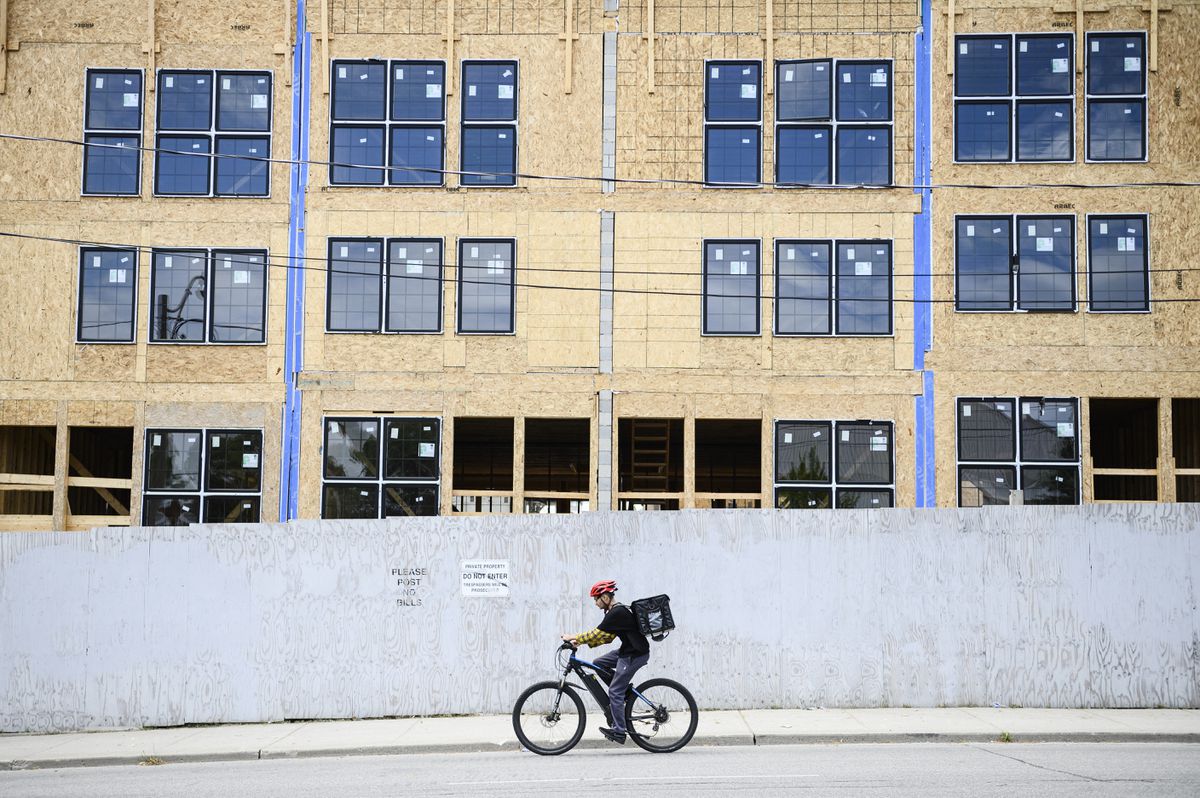People are finally talking about shifting income tax to take some of the money out of the housing market:
First:
a lifetime cap of $1-million on the personal residence capital gain exemption […] would limit unproductive investment in the real estate sector by discouraging retirement strategies based on the gains made from selling a house. It would also stop the investment strategy of buying a house, renovating, living in it the minimum amount of time to claim the tax credit and then flipping it for a tax-free gain.
They note that the lifetime cap wouldn’t hit most Canadians in lower-cost communities. It should mostly hit higher end houses and higher income taxpayers.
Second:
a limit applied to the amount of interest that can be recorded as a business expense for single-family residences let as rental properties
They’re suggesting these changes because
investors are the fastest growing mortgage segment with a 30-per-cent share of mortgaged home purchases nationally in the first part of this year, up from 19.6 per cent in 2020. They are now a bigger segment than repeat homebuyers and, over the past few years, have taken 6 per cent of market share from first-time buyers



This is the best summary I could come up with:
George Athanassakos is a professor of finance and the Ben Graham Chair in Value Investing at the Ivey Business School, Western University, London, Ont.
Regarding the housing crisis, we hear a lot about the supply issue but, other than the pressures brought on by immigration, the demand side of the equation gets very little attention.
Furthermore, well-informed and well-organized NIMBY groups that are highly motivated will always find ways to throw sand in the gears of any potential new development affecting the character of their neighbourhood.
Such a policy would have no direct effect on people if they don’t sell their primary residence and would have very limited impact on Canadians living in less expensive communities.
This policy change would limit unproductive investment in the real estate sector by discouraging retirement strategies based on the gains made from selling a house.
It would also stop the investment strategy of buying a house, renovating, living in it the minimum amount of time to claim the tax credit and then flipping it for a tax-free gain.
The original article contains 888 words, the summary contains 174 words. Saved 80%. I’m a bot and I’m open source!